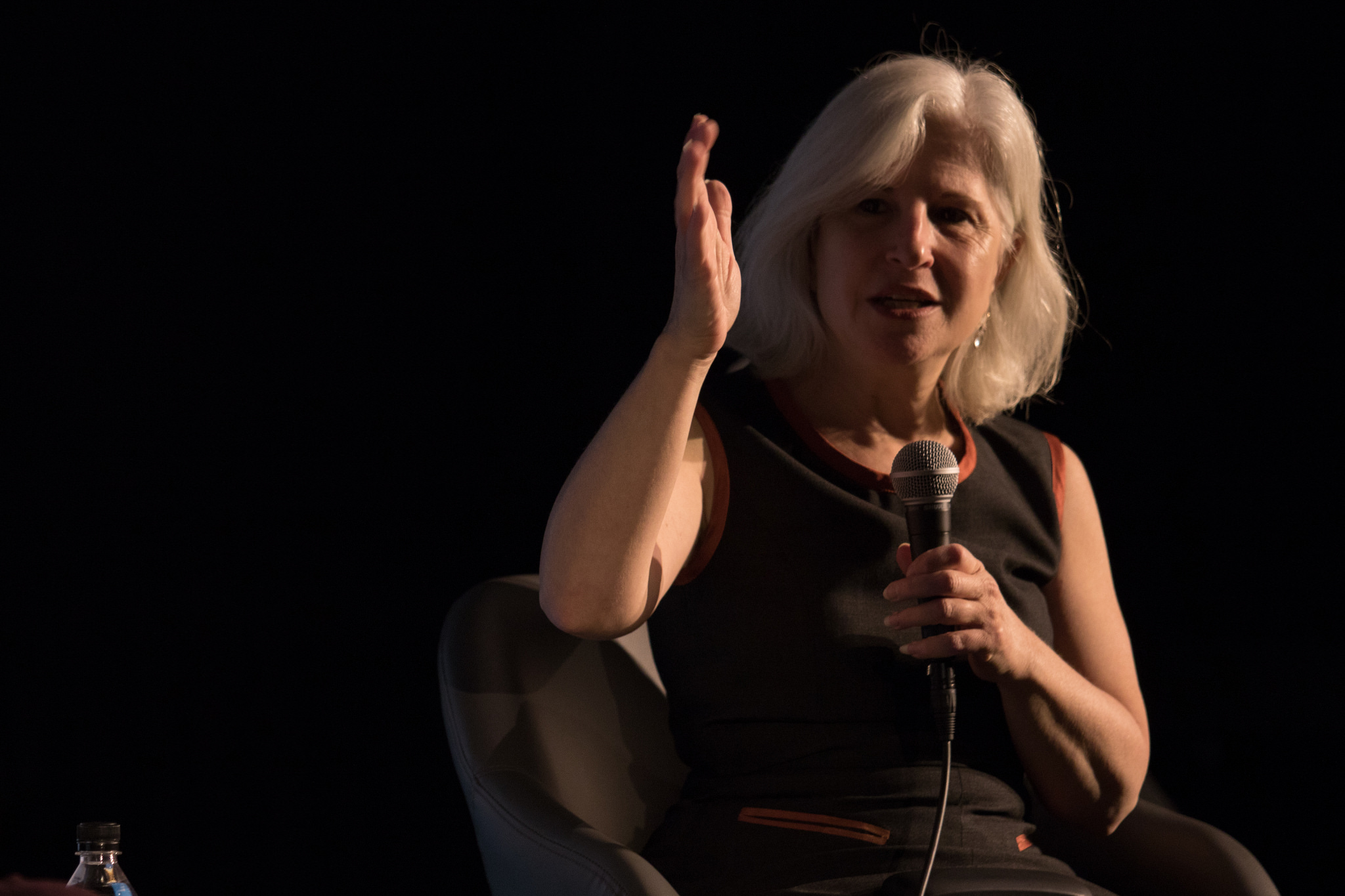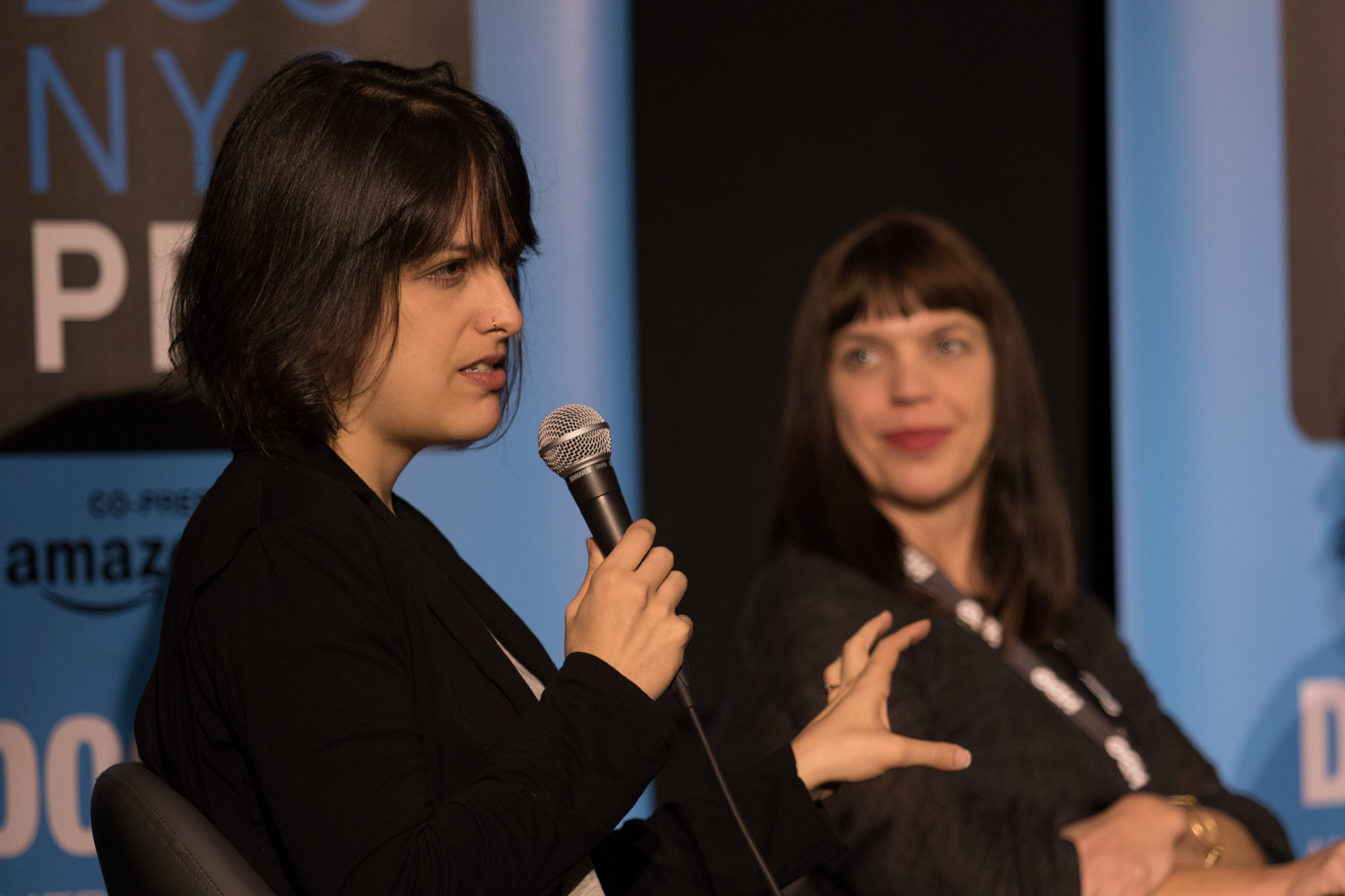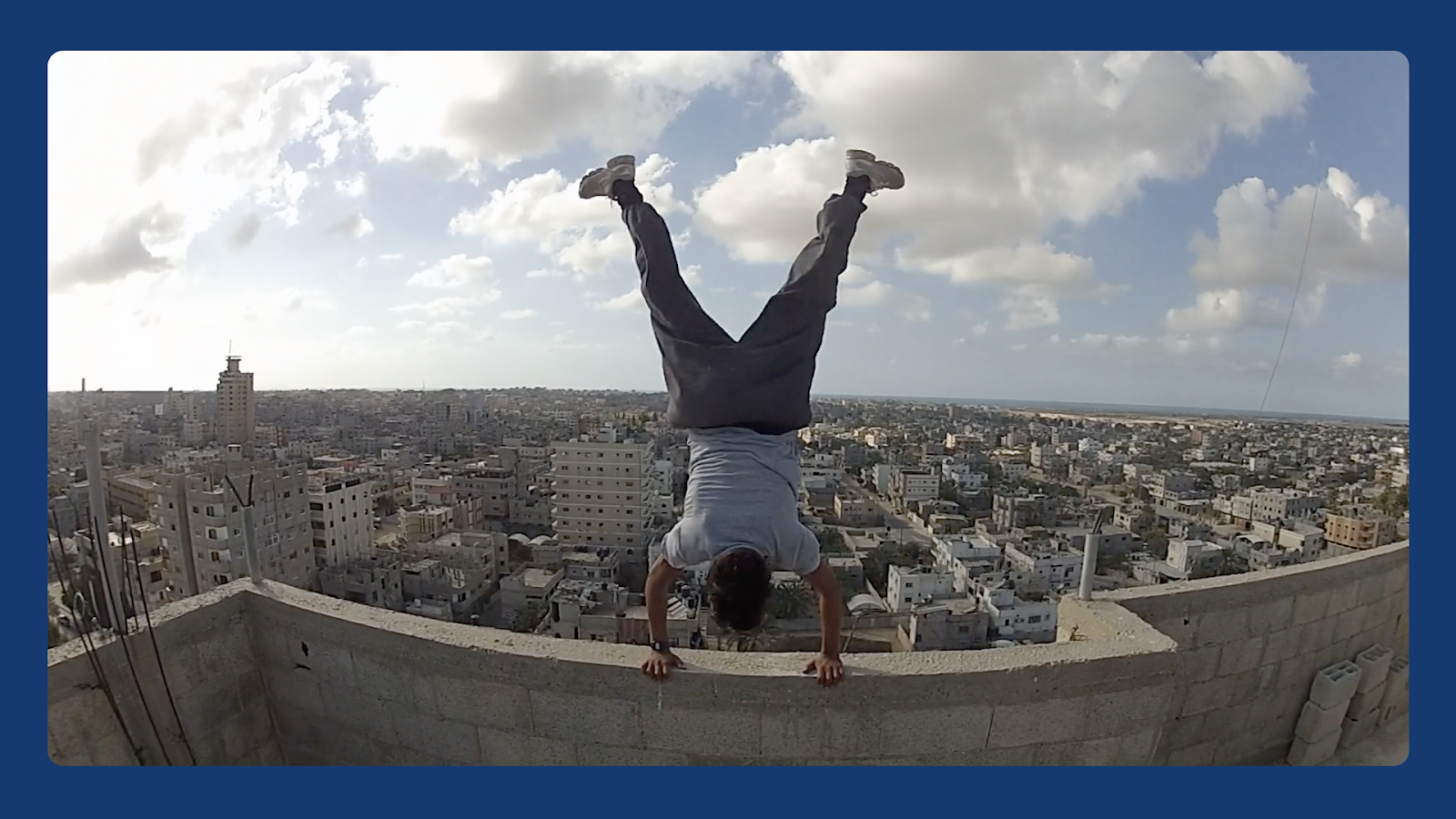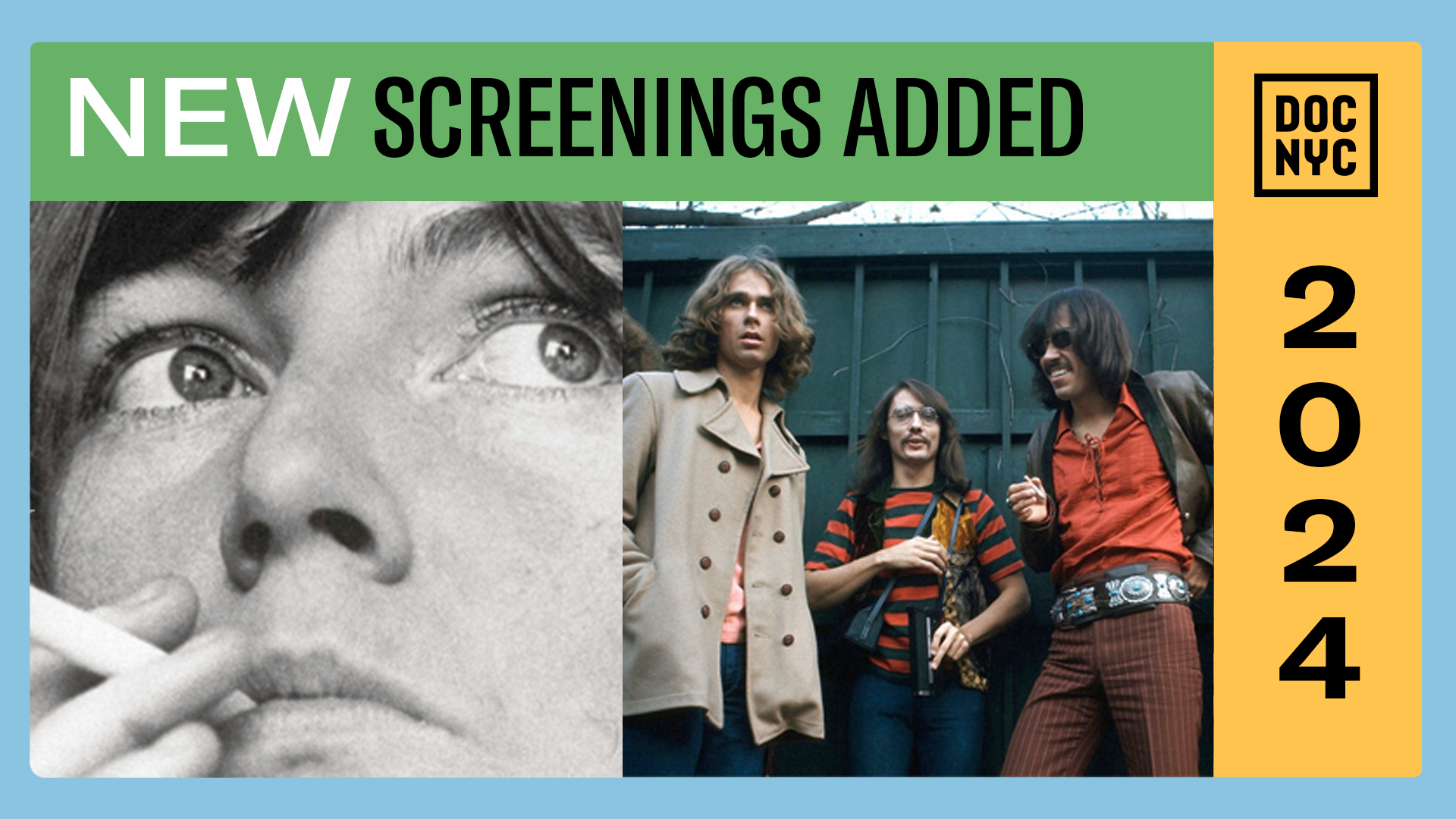On Budgets, Funding, Grants, and More at DOC NYC Pro Once your story is ready to go, how do you move forward? Jenni Wolfson (Chicken and Egg Pictures), Sara Archambault (LEF Foundation) and Andrew Catauro (Ford Foundation) provide a road map for getting your film financed.


Written by Megan Scanlon
Day 1 of DOC NYC Pro was chock full of resources, including tips on what most filmmakers would agree is the most pressing question in their journey to make a great documentary: How am I going to pay for this? On the panel to share their grant evaluation wisdom were Jenni Wolfson (Chicken and Egg Pictures), Sara Archambault (LEF Foundation), Kat Vecchio (Fork Films), Rebecca Lichtenfeld (Bertha Foundation), and moderated by Tracie Holder (Tracie Holder Consulting). They left no stone unturned in sharing tips that make a grant proposal lift off the page.
Here are a few key pieces of advice this incredible panel had to offer:
What do filmmakers need to consider when writing and talking about their projects to potential funders?
“One thing I see a lot is a filmmaker coming to me with a really clear sense of what the film is about, but not a clear sense of how they want to tell the story. Draw us in, use an emotional narrative, not just the facts and figures but draw us into your characters, draw us into where you think this is going to go, make it a story in and of itself. I think the other really important thing for is that we are not interested in any particular subject matter, but we are very interested in the unique vision of documentary filmmakers who are really pushing the edge of the nonfiction form, and so for us what weighs very heavily, is–what is the visual sense of this story? What is your unique POV and how will that come to life onscreen?” – Sara Archambault
Be strategic in your application if you want to advance
You’ll have someone that says ‘I want to look at gentrification in this neighborhood’ or ‘I want to look at incarceration rates in a particular area.’ We have 500 applications that just came in and I promise 400 of them are vitally important stories… I’m not saying that sarcastically, it’s really tough, and so you don’t need to spend a lot of time convincing me that we have an opioid problem in this country, but you need to explain how you’re going to approach that issue in a way we haven’t seen before in a way that is very human and personal. – Kat Vecchio
Explain how you will be a part of the community. How you will give back? How will others learn from your filmmaking style? – Jenni Wolfson
Make sure you understand guidelines, and understand the mission of the funder you’re applying to. Are there specific issues they are interested in, are they issue agnostic? It’s about the way you’re telling your story, I think that’s a very simple way you can make sure you get through the first round. I also want to acknowledge that it’s very arduous for filmmakers to have to do different types of applications for all these different funds so a bunch of funders are really working on that and IDA has come up with a common application so you can use one application to send to different funders. – Rebecca Lichtenfeld
Include a Budget
In some parts of the world they don’t want to see this, but in the U.S. we do want to see you putting in a salary for yourself as a director, that might be the salary you wish you could get versus the salary you might get but we want to see you pay yourself, and very often we see editors and cinematographers getting paid much more than the director. – Jenni Wolfson
Megan Scanlon is the North American Representative at the American University of Beirut. She is a frequent contributor to the DOC NYC and Stranger Than Fiction blogs, sits on the Bronx Documentary Center programming committee, and teaches at Yoga to the People. Follow her on instagram and twitter @meganscanlon5


